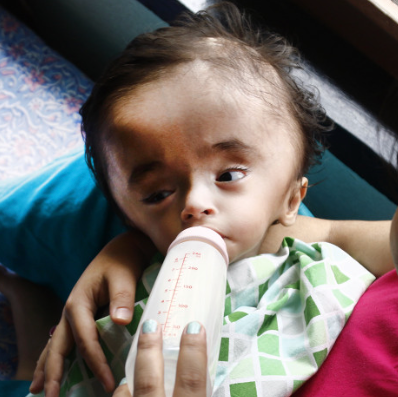Dan was the son of Mary Weiss. He was a gifted student and as a single mom, she was proud of his academic accomplishments. After graduating in 2000 with a degree in English, Dan moved to Los Angeles with hopes of becoming a screenwriter.
Mary visited her son in the summer of 2003. He had changed, and his mother was concerned. His behavior was bizarre, including claims of “communications” from “people who are not 100% human.”
Mary persuaded Dan to come home to the Midwest. His behavior became increasingly delusional. When he told his mother he would kill her if called upon to do so, she phoned the police.
Dan was taken to a local hospital. When no psychiatric beds were available, he was transferred to a larger teaching hospital. There he was put on the antipsychotic drug Risperdal and involuntarily committed for 14 days. His psychiatrist initially recommended that Dan be committed to a state mental institution. Later, he changed that recommendation to a proposal to enroll Dan in an industry-sponsored clinical trial for which the psychiatry department was aggressively recruiting enrollees.
Without Mary’s knowledge, Dan signed a consent form to participate in the study in return for not being committed to the state hospital. Suicidal patients were prohibited from enrollment in the study; since Dan had never threatened to harm himself, only others, he was a viable candidate for enrollment.
Dan’s mother was alarmed. She did not believe Dan was competent to give consent and saw his behavior deteriorating dangerously under the new regimen. Her persistent letters and phone calls begging for her son to be taken out of this program were disregarded. In her final communication, she left a voice message with the study coordinator asking, “Do we have to wait until he kills himself or someone else before anyone does anything?” Ten days later Dan stabbed himself to death with a box cutter, ripping open his abdomen and nearly decapitating himself.
Published results of the study showed five suicide attempts, one alleged homicide, and two completed suicides among the 400 trial subjects. An FDA investigation absolved the program of any wrongdoing and Mary Weiss’s subsequent lawsuit against the university was dismissed on a technicality. The university sued Mary for $57,000 in legal fees, but withdrew the demand when she signed an agreement not to appeal the dismissal.







